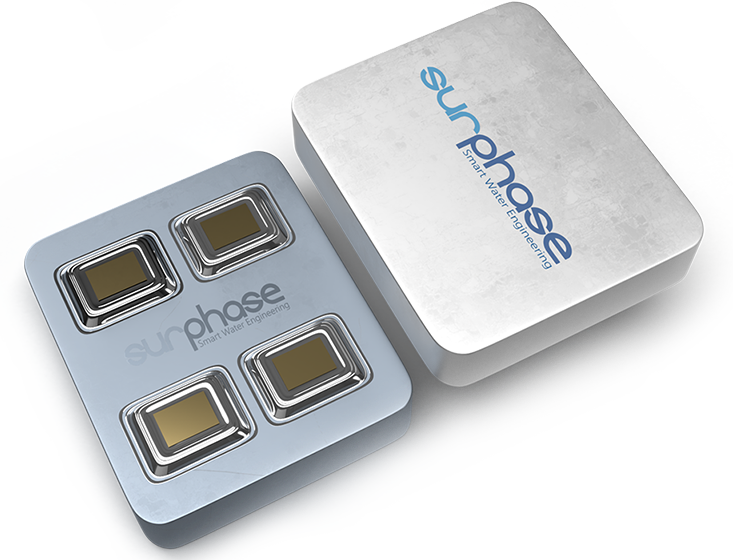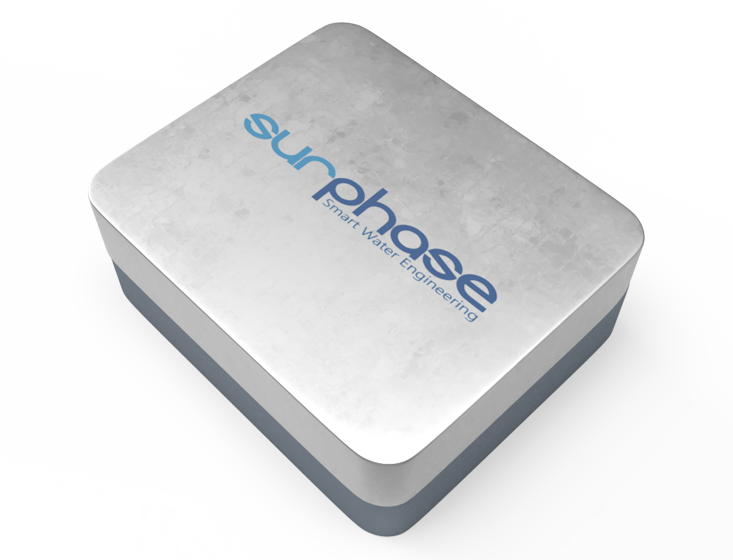OUR FOCUS AND APPROACH
Membrane desalination contributes globally to the potable water supply. However, the process suffers from retained matter accumulating on the membrane surface, the so-called membrane “fouling”.
Fouling requires putting the process in stand-by while cleaning the membranes, often with aggressive agents. This results in:
- economic losses due to process downtimes
- elevated costs for cleaning agents
- reduced membrane life-time
SURPHASE offers a system capable of detecting fouling at an early-stage and with a sensitivity three orders of magnitude higher than that of conventional technologies.
See where others cannot…
SURPHASE predicts detrimental levels of fouling while the process is still efficient. This offers the opportunity to:
- schedule maintenance intervals well beforehand and maximize cleaning efficiency
prolong membrane lifetime
OUR SOLUTIONS FOR…
The Team
Iliane Rafaniello
- CEO and co-founder
- iliane.rafaniello@surphase.eu
Iliane Rafaniello is responsible for the scientific and technical development of SURPHASE. She holds a degree in chemistry and a Master in Applied Chemistry and Polymers from the University of the Basque Country (UPV/EHU), with specialization in membrane processes for water treatment and production.
She is a researcher in the NanoBioSeparations Group at the Basque Excellence Research Centre for Macromolecular Design and Engineering, POLYMAT/University of the Basque Country. She is currently finishing her PhD thesis within the Polymers and Chemistry programme of UPV/EHU.
Her research has laid the foundations for the development of the technological basis of SURPHASE, from lab-scale to the market, and generously supported by the European Research Council (ERC).
Thomas Schäfer
- Scientific advisor and co-founder
- thomas.schafer@surphase.eu
Thomas Schäfer is Ikerbasque Research Professor and leader of the NanoBioSeparations Group at the Basque Excellence Research Centre for Macromolecular Design and Engineering, POLYMAT/University of the Basque Country. Thomas has been working in the field of membrane technology since more than 25 years. He has worked in Germany, United Kingdom, The Netherlands, Australia, Portugal and Italy, before eventually settling in Spain supported by the European Research Council (ERC).
He has served as elected member in the Council of the European Membrane Society and co-organizes the innovative biannual “Imagine Membrane” conference series in close collaboration with the North American and European Membrane Societies.








